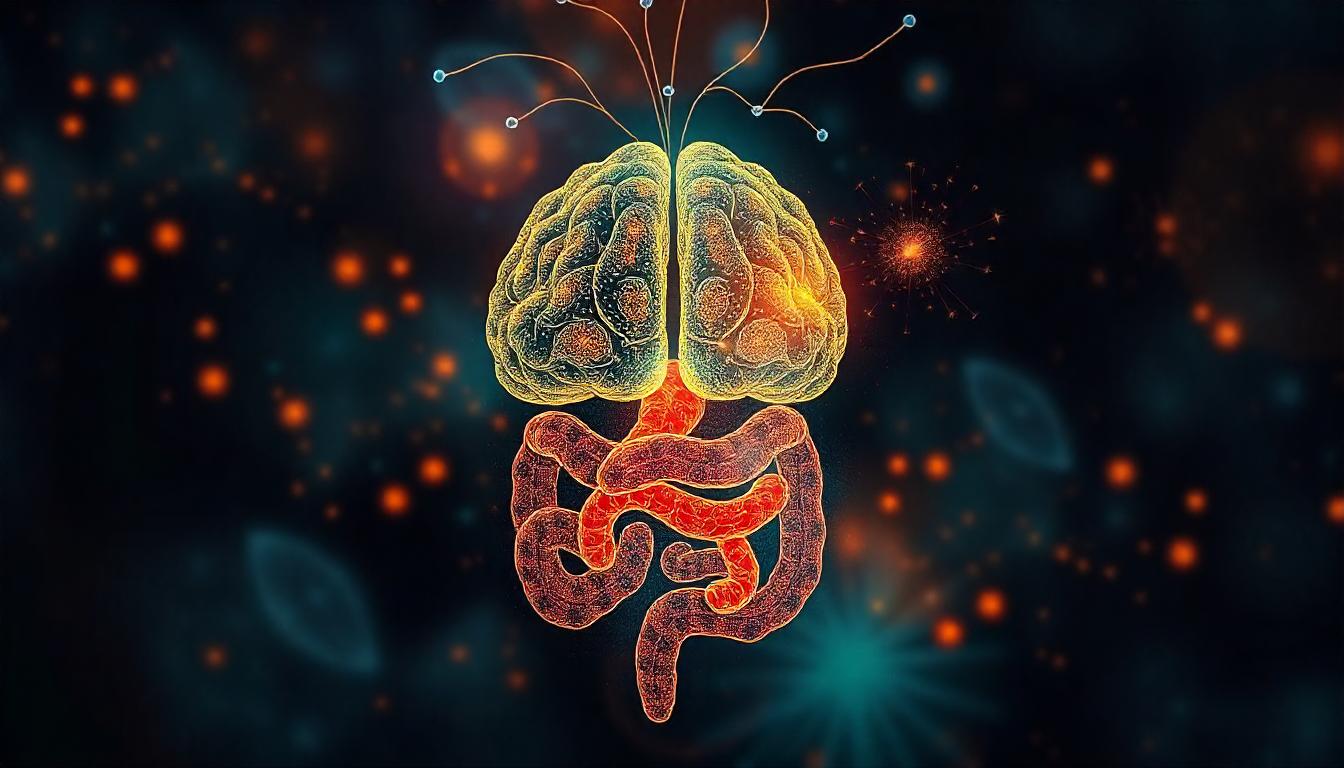Understanding Integrated Psychiatry: A Holistic Approach to Mental Health
In the evolving world of mental health care, there is a growing recognition of the importance of holistic treatments that go beyond traditional psychiatry. Integrated psychiatry combines the best of both worlds — the latest advancements in modern psychiatry and evidence-based holistic therapies like yoga, psychobiotics, meditation, and counseling. This approach addresses not only the mind but also the body and spirit, helping patients achieve long-term mental wellness without the heavy reliance on medications.
What is Integrated Psychiatry?
Integrated psychiatry is a patient-centered approach that blends traditional psychiatric methods like psychotherapy and pharmacology with alternative and holistic treatments. This comprehensive treatment model aims to treat mental health conditions such as anxiety, depression, bipolar disorder, and OCD by addressing the underlying causes while enhancing the patient’s overall well-being.
Unlike conventional treatments, which often focus solely on managing symptoms, integrated psychiatry treats the whole person, taking into account emotional, physical, and spiritual health.
How Integrated Psychiatry Helps Treat Anxiety and Depression
Conditions like anxiety and depression can often be overwhelming, and while medication can help in managing symptoms, they often come with side effects. Integrated psychiatry uses holistic techniques such as yoga, psychobiotics, and mindfulness to complement low-dose antidepressants, allowing patients to benefit from mental health care without the unwanted side effects.
Yoga and Mindfulness:
Yoga is a crucial element of integrated psychiatry, enhancing the mind-body connection. A 2017 study published in Frontiers in Psychiatry found that yoga can effectively reduce symptoms of anxiety and depression. Participants reported lower stress levels and improved emotional regulation, helping them build resilience against mental stressors. Yoga’s ability to promote emotional stability makes it an essential practice in treating mental health conditions.
Psychobiotics and the Gut-Brain Connection:

Another emerging field in integrated psychiatry is psychobiotics, which focuses on the impact of the gut-brain axis on mental health. A 2019 study published in Translational Psychiatry revealed that individuals with depression have different gut bacteria compared to those without depression. Introducing specific probiotics that improve gut health can alleviate symptoms of depression and anxiety, offering a natural, side-effect-free complement to traditional psychiatric treatments.
Meditation and Emotional Regulation:
Meditation plays a significant role in emotional regulation within integrated psychiatry. A 2018 study published in the Journal of Clinical Psychiatry found that participants who practiced mindfulness meditation experienced notable improvements in both anxiety and depressive symptoms. By encouraging patients to remain present and mindful, meditation reduces ruminative thinking, leading to greater emotional control.
Personalized Counseling and Psychotherapy
Counseling and psychotherapy remain central to integrated psychiatry, but the difference lies in the personalized approach. Every patient is unique, and integrated psychiatry takes into account personal history, emotional well-being, and individual lifestyle when formulating treatment plans. Combining cognitive-behavioral therapy (CBT) with holistic elements, such as meditation and mindfulness, allows for a comprehensive path to recovery.
The Benefits of a Holistic Approach
Patients who seek out holistic treatments are often looking for side-effect-free alternatives or complementary therapies to manage their mental health conditions. The key benefits of integrated psychiatry include:
- Fewer side effects: By using lower doses of medication and complementing them with natural therapies, patients can achieve relief without the side effects typically associated with psychiatric drugs.
- Mind-body connection: Practices like yoga and meditation promote balance, resilience, and emotional regulation.
- Long-term mental wellness: Holistic practices help patients sustain mental wellness even after traditional treatment ends.
Integrated psychiatry is a promising path forward for individuals seeking a comprehensive approach to mental health. By combining traditional psychiatric methods with holistic therapies like yoga, meditation, and psychobiotics, patients can experience long-lasting mental wellness with fewer side effects.
If you’re ready to explore how integrated psychiatry can improve your mental health, Dr. Hamza Hussain is here to help. As a gold-medal-winning psychiatrist specializing in holistic treatments, Dr. Hussain offers personalized care tailored to your unique needs.



